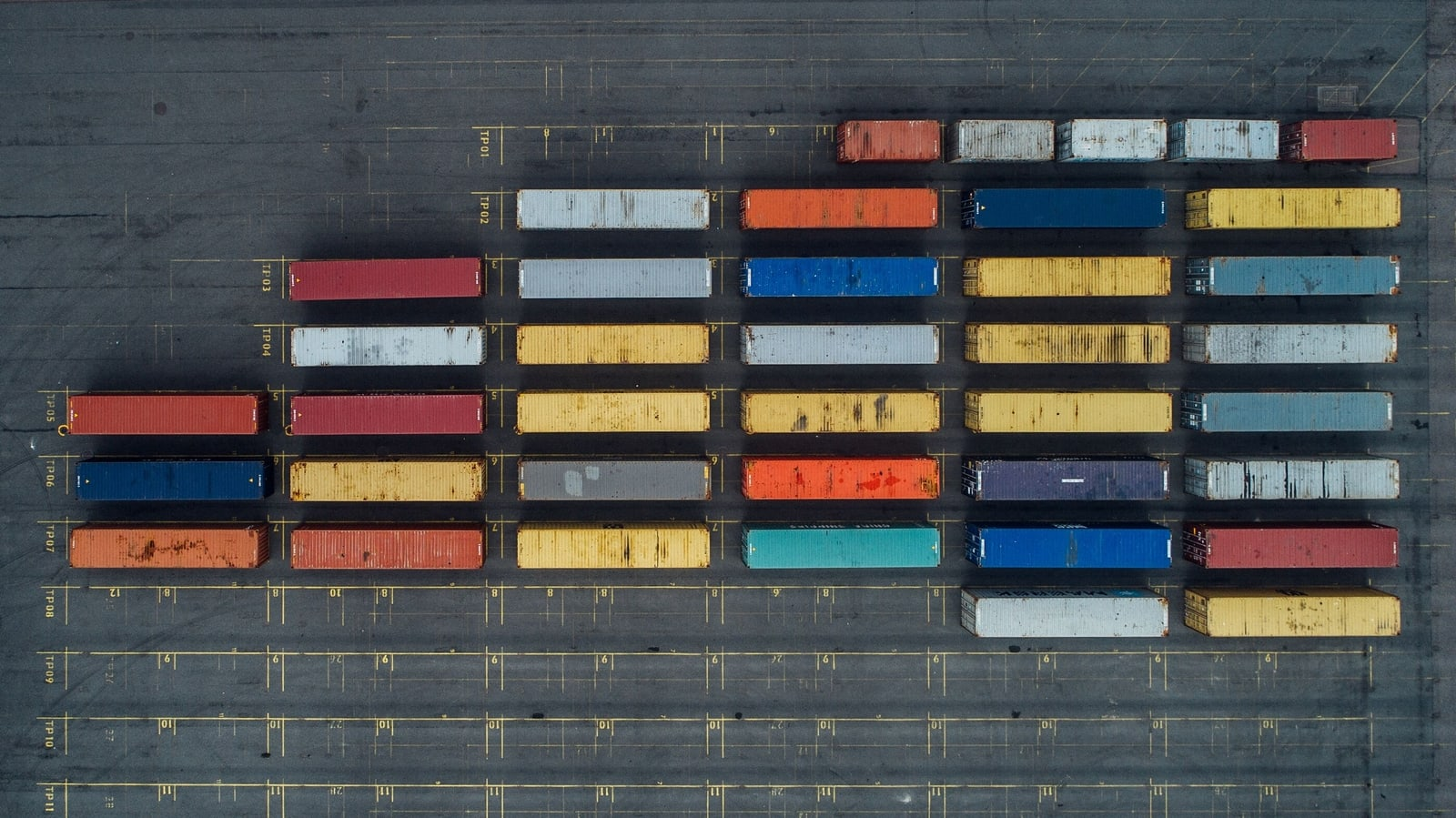Coronavirus upended supply chains around the world and caused severe disruptions to businesses in sectors ranging from electronics to crucial medical supplies. Some of the biggest global enterprises, such as Hyundai, Jaguar Land Rover, Nestle as well as numerous SME businesses, had to stop production at some of their plants due to problems within the supply chain, caused by COVID-19 outbreak.
Because of lockdowns imposed by governments around the world, many suppliers are temporarily ceasing production, and logistics providers can no longer transport goods seamlessly across borders. This problem initially affected manufacturers which either had their manufacturing capabilities located in China or relied on Chinese suppliers. However, as COVID-19 spread around the world, most manufacturers around the globe are now battling to overcome legacy procurement systems that cannot move at the pace this crisis demands.
When China, where number of coronavirus cases fallen dramatically, started lifting restrictions and manufacturers started coming back to work, legacy procurement systems were unable to cope with sudden increase in number of orders coming from around the world. This problem is especially evident in the production of Personal Protective Equipment (PPE) for medical workers. Even though leading PPE manufacturers, where able to significantly ramp up rate of production to meet rising demand, problems within international supply chains caused severe shortage of PPE around the world. As the result, many medical workers on the frontlines of the battle with coronavirus pandemic where left with limited access to personal protective equipment and critical medical supplies.
The problems which have caused this crisis are not new, and where silently causing inefficiencies which cost businesses around the world billions of dollars every year in the form of unnecessary administrative expenses, inefficient operations and lost business opportunities. Current crisis just magnified those problems and made modernisation and digitalisation of international supply chain more nascent than ever before.
As much as shipping transformed over the years, it is still extremely reliant on paper-based documentation. Bills of Lading, Certificates of Origin, Letters of Credit and many other crucial trade documents are still mostly issued in the paper format. They also often arrive late to the port of destination, delaying release of the cargo, quite often contain mistakes, and sometimes get lost, as the result stumbling the entire supply chain. According to World Bank, inefficient paper-based documentation costs businesses around the world more than $200 billion every year.
Despite those strikingly obvious inefficiencies of paper documentation for international trade, it is still considered to be the industry standard, largely due to lack of trust between different members of international supply chain. Businesses rely on wet stamps and standardised originals of documents in order to establish single source of truth in disputable situations which often arise in international trade.
Blockchain technology was developed with idea of solving exactly this type of issues. It allows to establish trust between multiple parties which might have very limited knowledge about each other, using cryptography, instead of trusted intermediaries to create immutable record of transactions. There are number of use cases for blockchain technology which can help to solve some of the most pressing issues which plague international supply chains and can potentially help to both solve current crisis and help to prevent future ones from occurring.
Social distancing measures imposed by governments around the globe have made it clear that procurement operations which rely on physical assets, such as paper documents, can face serious disruption when physical presence is not possible. Wet signatures and paper printouts are usually handled by employees of shipping or freight forwarding company, which requires physical presence of employees at the company office. This becomes problematic under lockdown measures imposed by governments and as the result supply chains can be practically paralysed. Also, supply chains which rely on information stored on paper documentation or in siloed databases are extremely inflexible, lack visibility and cannot be quickly adapted to changing conditions during the crisis.
Blockchain technology can help to solve these issues by enabling digitalisation of core documents involved in international trade, establishing an immutable record of operations without the need for physical proof points and centralised validation. As the result, businesses would be able to manage their supply chains remotely, would have better visibility of the supply chain and would have better control over the entire procurement process, making it more adaptable to changing conditions during the crisis.
Digitalising title documents such as Bill of Lading would also enable automation of financial procedures involved in international trade with smart contracts. Having right of ownership for the cargo recorded on chain, would allow banking institutions to use smart contracts to automate escrow account and trade settlement procedures, significantly decreasing lead time required to organise cargo shipment. Origination of trade finance can also be performed in the paperless format, simplifying access to trade financing for new suppliers and as the result helping to decrease shortage of crucial products in import dependant countries.
Recording Quality Certificates and Certificates of Origin on the blockchain, would allow importers to get better understanding of product provenance and would help governments to tackle issue of quality documentation forgery. This is especially important during the pandemic, when many nations must rely on supply of crucial medical equipment from unknown contractors in another country.
It is still important to understand that blockchain technology is not a magic pill, it is not going to save the world and solve all problems within international supply chain overnight. There is number of pandemic related problems within international logistics, which unfortunately cannot be solved with digitalisation of documents or better administrative procedures.
Nevertheless, lack of trust is one of the biggest bottlenecks within global trade and solving this issue would not only save money, but also help to save lives of people which rely on crucial supplies, currently stranded because of this bottleneck.
Do you want to know how Blockchain Technology can help you to overcome challenges facing your industry? Learn more about UCL Blockchain Executive Education Programmes.

